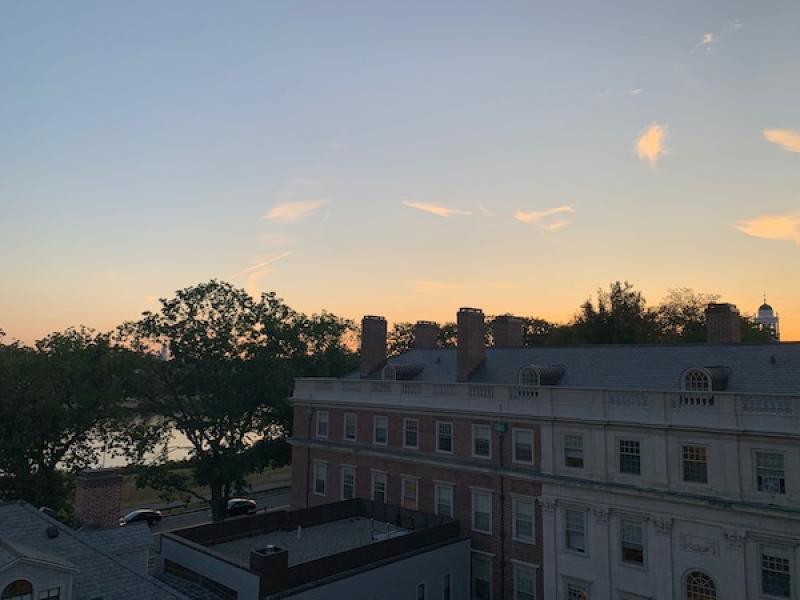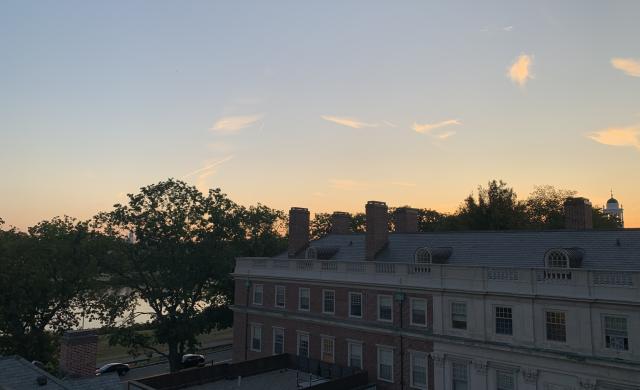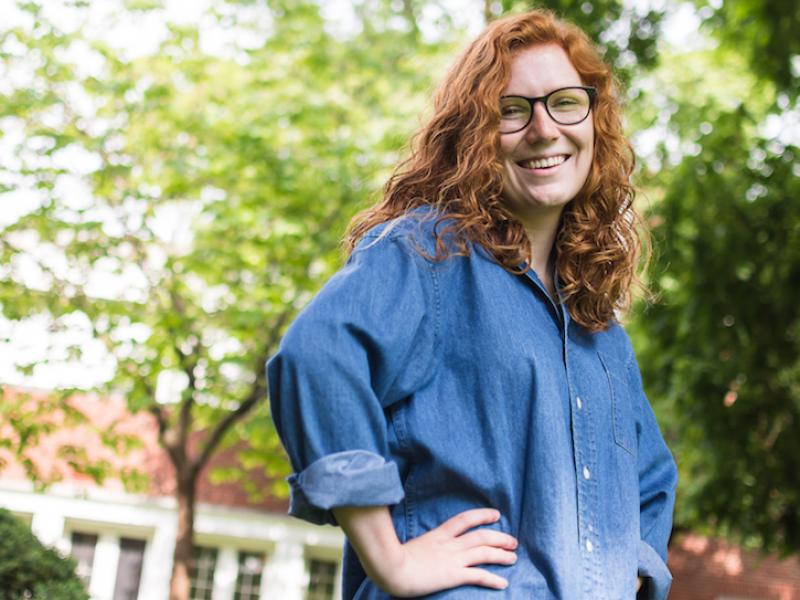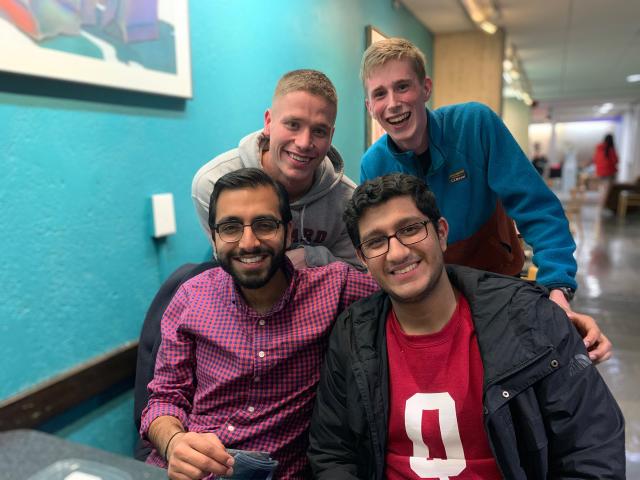Working for the Harvard First Generation Program, I get emails from prospective students asking questions ranging from the straightforward (Where do you eat?) to the specific (Which orchestras are open to Bassoon players?) to the complex (How do you deal with homesickness?).
I answer these questions honestly as a student, sharing stories and experiences from my time in college so far. The only questions I cannot answer are the questions I am never asked.
And yet I know, as a first-generation college student myself, that asking a question is easier said than done.
How are you supposed to ask about college when you don’t know what college really is?
Even if you figure out the applications, you still have to adjust to academics, extracurriculars, and student life once you get to campus. The purpose of this blog post, and the series that will follow, is to break down what life in college looks like. Think of “College 101” as a crash course on your college experience, starting with what will bring you to campus in the first place: your classes.
Classes in college look a lot different than the classes you take in high school. The most important thing to remember, whether you’re just starting the application process or packing your things for campus this fall, is that you will not be in class all day every day. Most college students only take four classes a semester, and those classes will often only meet for an hour or two on one or two different days in the week. For example, I might have two classes that meet for one hour each on Mondays and Wednesdays, along with a three-hour class on Tuesdays and a three-hour class on Thursdays. Even though I’m taking a full course load in this scenario, I’m only physically in class for ten hours a week. I am free to use the rest of my time to do reading and homework, join clubs and activities, and hang out with my friends.

College applications are hard, but it's all worth it once you get there!
Class structures and offerings vary across different colleges, but generally fall into a few basic categories. The first of these is a lecture. Lecture classes are the quintessential college class structure — if you take a second to imagine a classroom, especially one you’ve seen in a movie, you’re probably thinking of a lecture. In lectures, there can be anywhere from 40 to 400 students in a room all focused on the presentation of one professor (aka the Lecturer) who is teaching. These classes will often break down into smaller groups (or “sections”) that meet at another time during the week, allowing students to talk about the course material in a more intimate environment.
Seminar classes, on the other hand, always meet in small groups. These courses only enroll a small number of students, which allows professors to lead the group in a more intense and collaborative discussion of the course material. In lecture, you may spend the majority of the class listening to one person speak. In a seminar, you might talk just as much as your professor. While lecture courses might cover a wide range of topics and give you a broad overview of a subject, seminars are often more focused. If you’re in any class, but especially a small one, it is likely because you are interested in what that class is about — whether it’s the modernist novel or post-war presidential politics.
As for the rest of your courses? That depends on what you decide to study. Lectures and seminars transcend every major — pretty much every college student takes a combination of the two. For students who study Science, Technology, Engineering, and Math (STEM), there are also lab courses that are designed to offer students hands-on experience doing scientific research, modeling, and experiments. Similarly, art students take studio classes, theater students take acting and voice lessons, social science students take courses on fieldwork and methods, and film students take technical and production classes. What you decide to study plays a big role in determining the way that you will learn.
Remember: You don’t have to be an expert on a subject in order to take a course on that subject. Unlike high school, college courses will assign you reading, projects, and other homework each week that are designed to introduce you to the material you’ll be learning, discussing, and practicing in that class. Just because you can’t quote Plato by heart doesn’t mean you shouldn’t take a course on Greek philosophy, or that not learning to code in high school means you shouldn’t take a computer science course. Part of college is figuring out what the right classes are for you. If I’ve never coded before, I’m not going to make my first computer science class an advanced one. Instead, I’ll take an intro course.
At the end of the day, only you know how you learn best. Find a combination of lectures and seminars, labs and writing, and advanced and intro courses that meets your needs. Don’t be afraid to try new things and, above all else, take care of yourself.
College 101 is a recurring series in which Harvard First Generation Program coordinators answer the questions about college you didn’t know you needed to ask! For more advice and information about applying to or attending college, you can email HFGP at firstgen@fas.harvard.edu.







